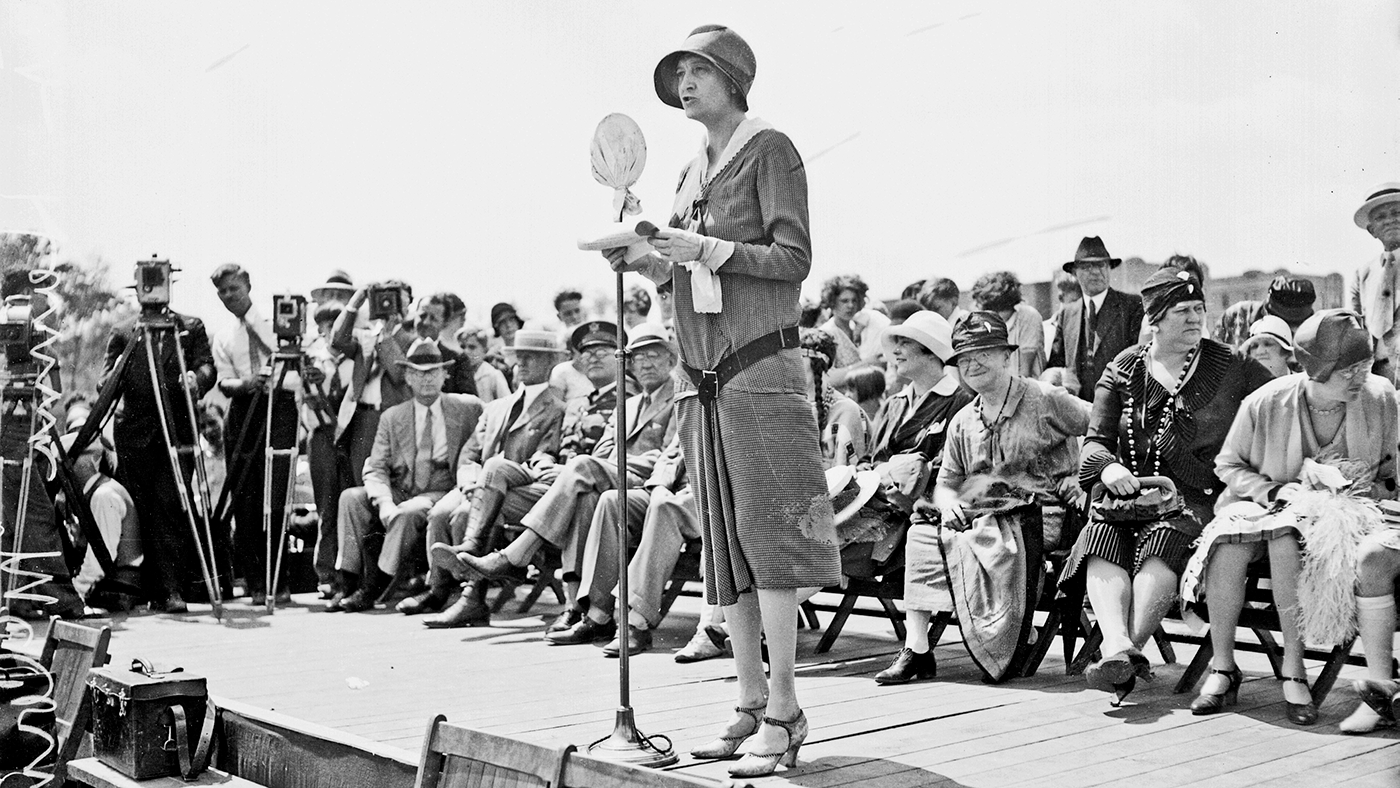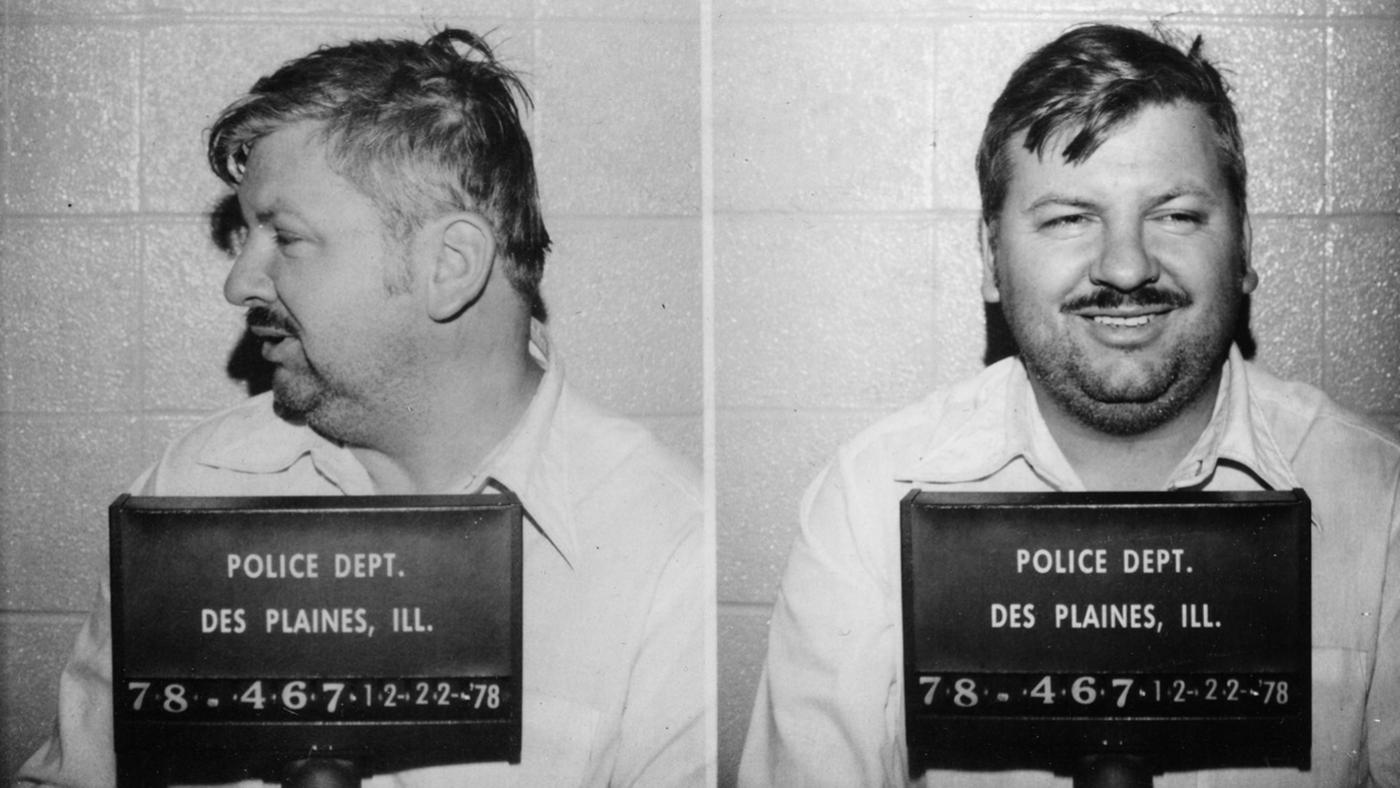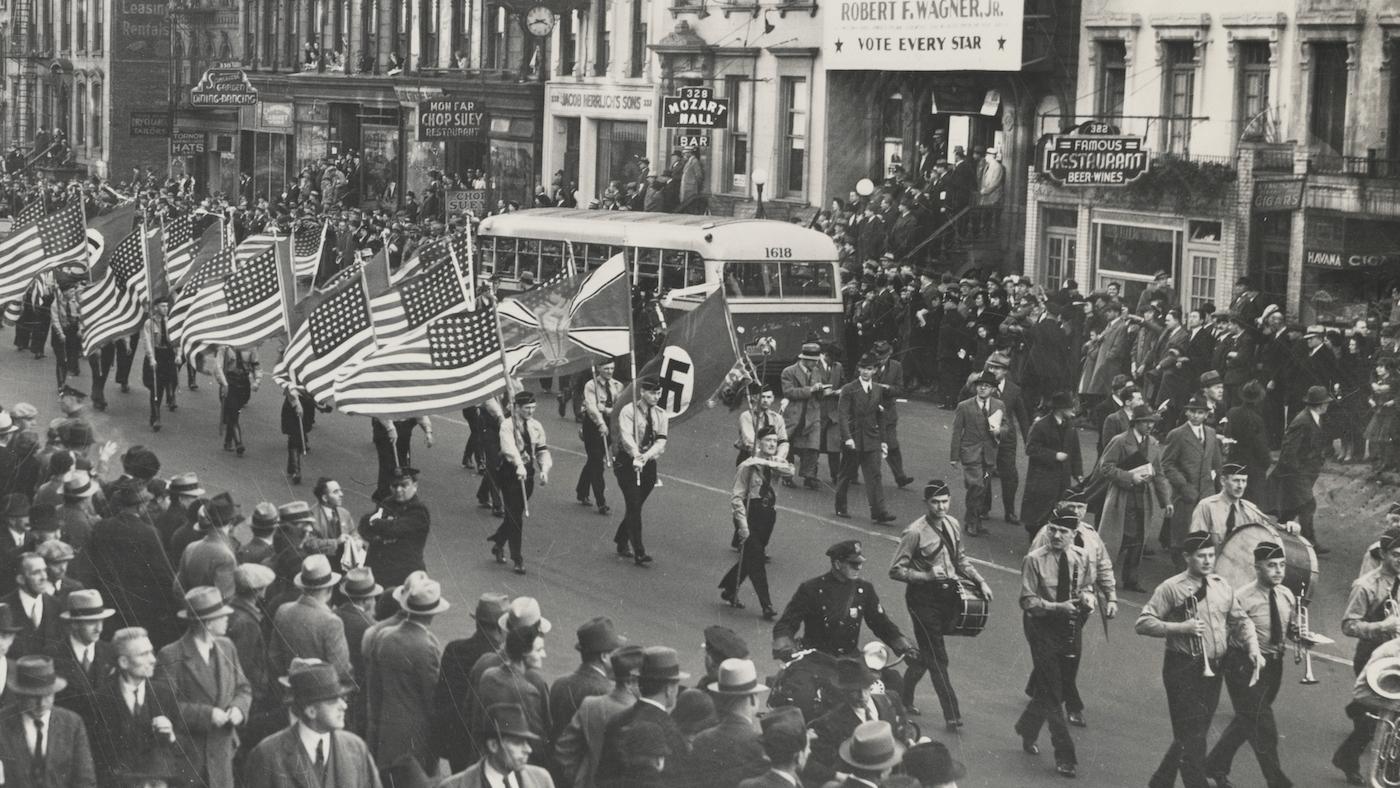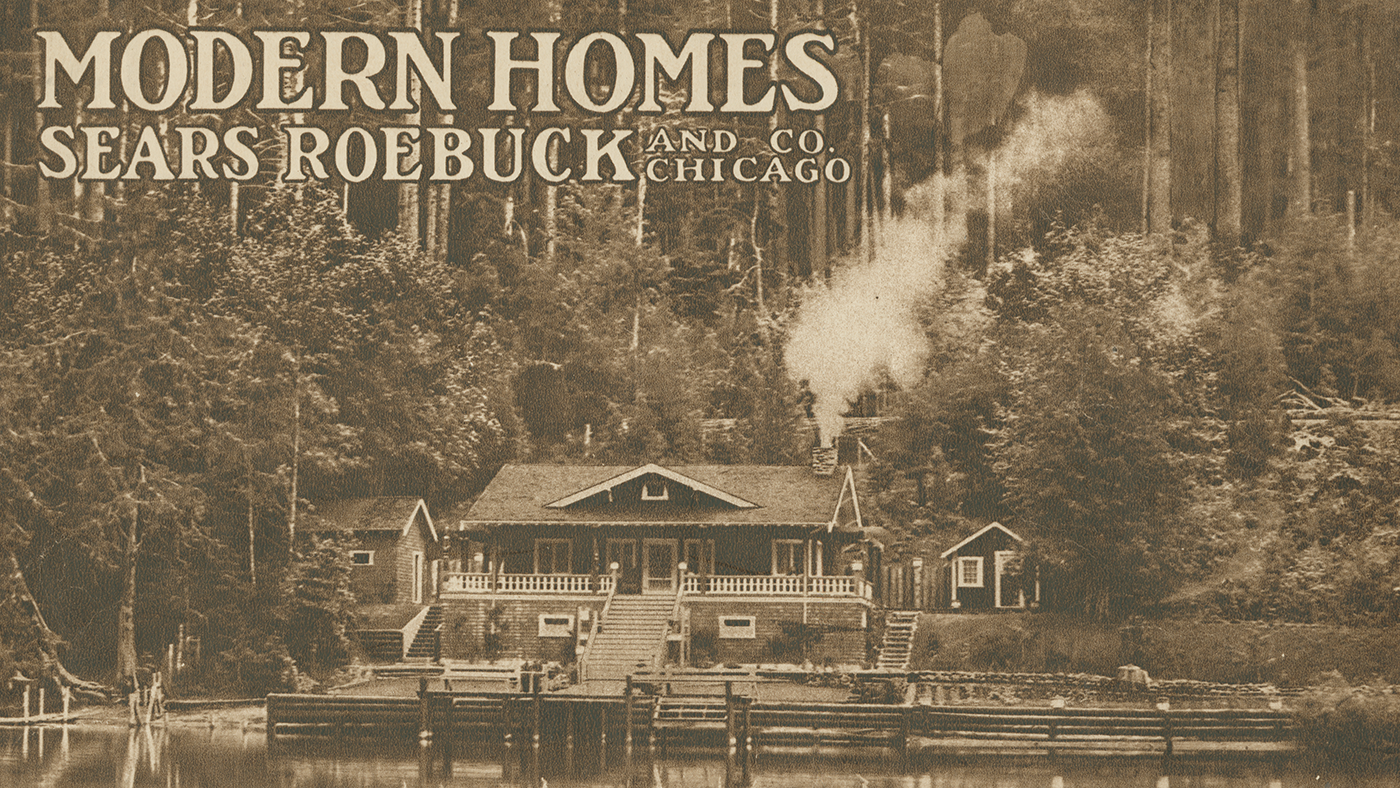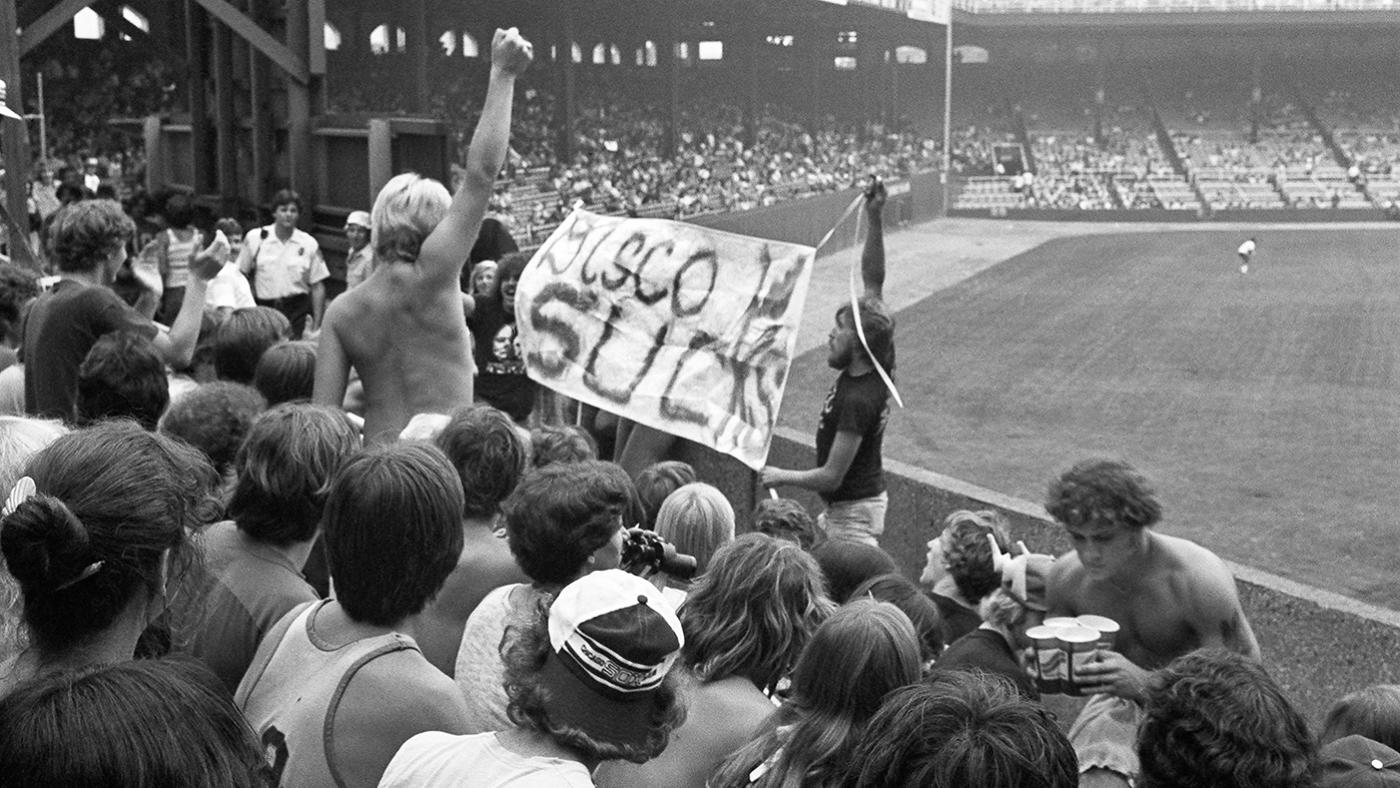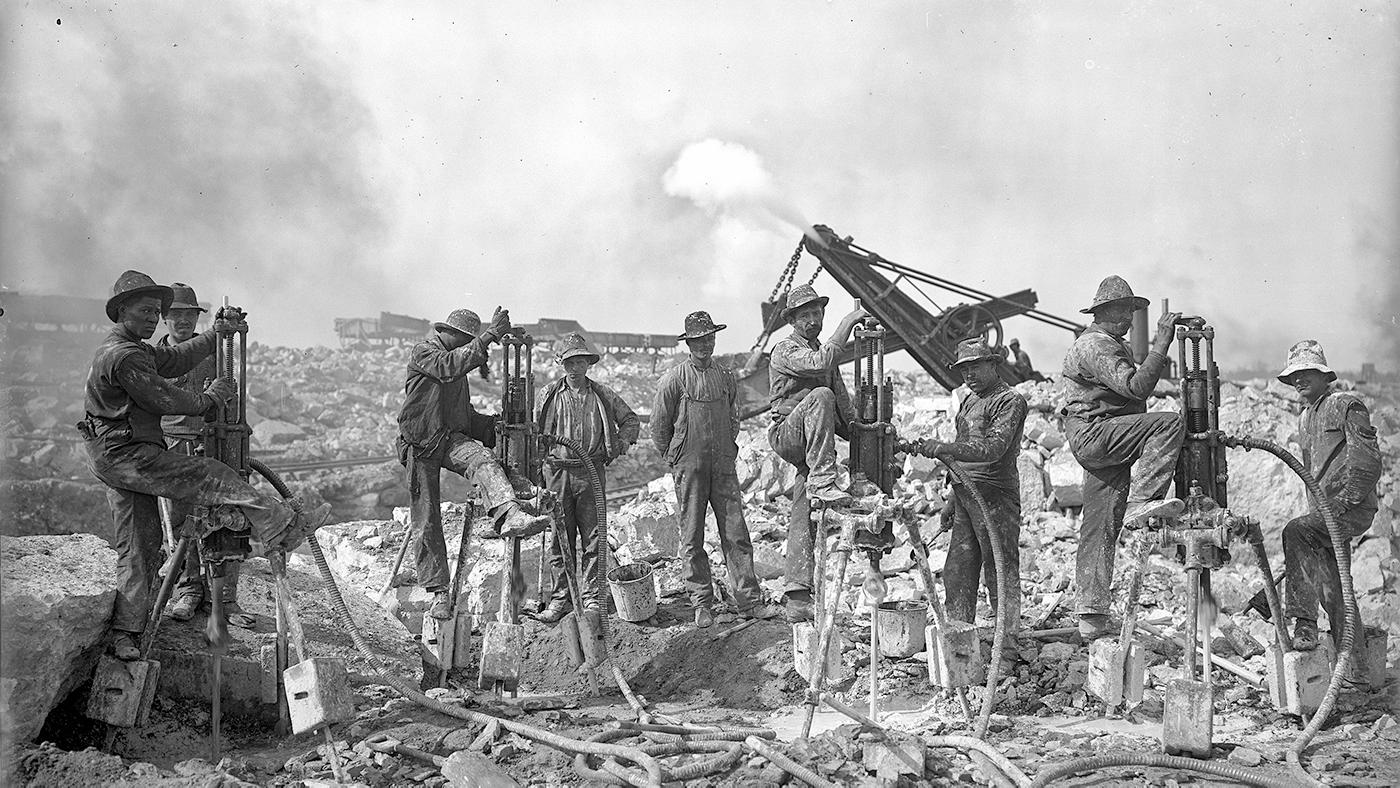The "Architect" of Conservatism in America is the Subject of a New 'American Masters'
Daniel Hautzinger
April 5, 2024
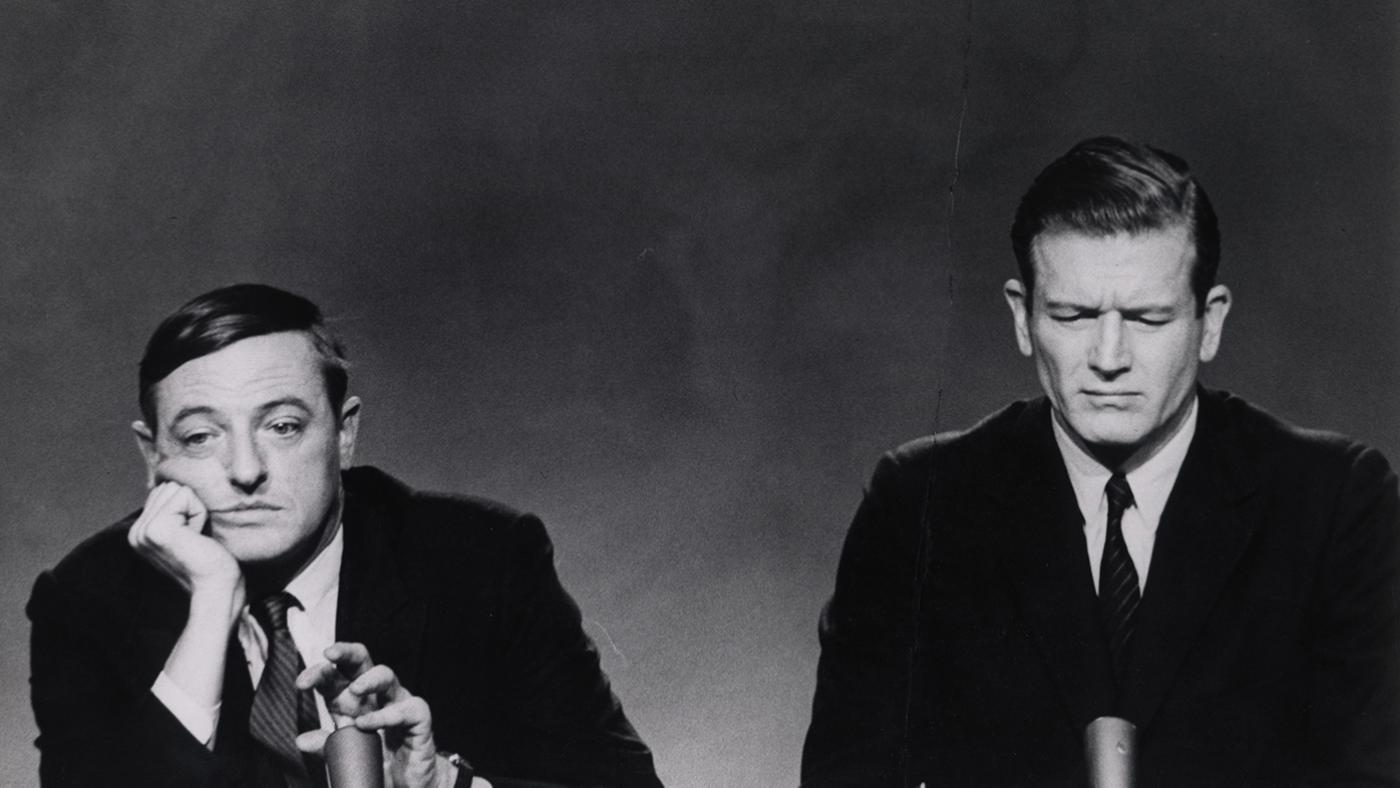
The Incomparable Mr. Buckley premieres on WTTW and streaming via the PBS app Friday, April 5 at 9:00 pm.
There are many words you could use to describe William F. Buckley, Jr., the genteel intellectual who defined and shaped American conservatism in the middle of the twentieth century. Provocative. Witty. Patrician. Expressive. Mischievous. Incisive. Self-satisfied.
A new American Masters documentary on him settles on one adjective in its title, The Incomparable Mr. Buckley, but not before first suggesting “insufferable” and crossing it out, in reference to a letter Buckley said he once received. Indeed, not many people like the through-and-through WASP Buckley exist any more, with his transatlantic accent and commitment to high-minded rhetorical debate – the latter as a decades-long host of the PBS show Firing Line and also in famous debates with James Baldwin and Gore Vidal. (Firing Line has been revived as Firing Line with Margaret Hoover and is available to stream.) But then the conservatism Buckley trumpeted through his magazine National Review is also bascially a thing of the past, reaching its peak with Ronald Reagan and then declining into near disappearance in the decades after.
The Incomparable Mr. Buckley narrates Buckley’s life with an eye toward that decline, seeking to understand how we got to our present moment. We spoke to the filmmaker Barak Goodman about Buckley, conservatism, and debates.
This interview has been condensed and edited for clarity.
What drew you to William F. Buckley as a topic?
Like a lot of people, a few years ago, I was thinking about how the conservative movement or the Republican Party had veered so far away from its roots, and what it meant to be a conservative anymore. And I was thinking, as a filmmaker, how best to explore that question. It occurred to me to explore it through the architect of the movement, to see what the conservative movement was in its original conception and how it had evolved, and whether or not what is happening today could be traced in some way back to that.
And it also helped that I had grown up watching William F. Buckley on Firing Line when I was a child, not really understanding what I was hearing, but fascinated by all his expressions. It was clear that he would get a rise out of anybody on his show, and that was fun.
Could you explain the distinction you make between the conservative movement and the Republican Party?
You go back to the 1950s, and there was no such thing as the conservative movement. Basically, this country had coalesced around what is now called “liberalism,” a sort of New Deal idea. Even [the Republican president Dwight D.] Eisenhower built the highways. But there were these factions who were dissenters in this. There were economic critics who believed in low taxes and small government and free markets. There was the moral faction, [who espoused] Midwestern Christian values and thought that the country was going to pot. And then you had the anti-Communists.
But they were not united in any way. They needed a leader to bring them together, and that's really what Buckley was. He saw an opportunity to stand at the center of a political movement, not just an intellectual movement – a movement that could actually elect leaders. That was his great insight. And he had the energy and the charisma and the talent to be that leader. He's so tireless as a cheerleader for these ideas, and was also a cunning strategist.
At National Review, he recruited all the top people from all of these factions and made anti-Communism the very centerpiece. He understood that young people would have to be recruited into the fold. He saw that [Barry] Goldwater, [the arch-conservative Republican Party nominee for president in 1964], though doomed, could be a major breakthrough. He ran for mayor [of New York City] and realized that there were all these ethnic white people in the suburbs and outer boroughs of New York who could become Republicans. That all culminated with the election of Ronald Reagan. People think Ronald Reagan was the real architect [of conservatism], but he really wasn't and he didn't claim to be. He always said that Buckley and National Review were the reasons he became a conservative.
Does conservatism as personified by Buckley still exist today?
I don't really think it exists. One of our main themes in the film is that the seeds of all this were sown. The conservative movement, even under Buckley, was always flirting with this element within its ranks of conspiracy theory and rabid, personal attacks – Richard Hofstadter called it the paranoid style of American politics. Buckley always had to manage it. He couldn't exile it completely, because that would mean that his movement dwindled to a very small number of people, and a lot of the energy in the movement came from these folks. So he had to keep them somewhat at arm's length, but also within the fold, and that was a really delicate balancing act.
I think the anti-Communism erased a lot of the cracks in the facade. Once that was not an issue anymore because the Soviet Union fell, then those fissures began to really show. People like [Newt] Gingrich and that wing of the movement became dominant. It has built from there all the way to today, where it's not only dominant but kind of the only game in town.
While Buckley is famous as a debater, he arguably lost his two biggest debates: with James Baldwin in Cambridge and Gore Vidal during the chaotic 1968 Democratic National Convention in Chicago. Why do you think that is?
I’m not sure he lost to Vidal, but I suppose he did because Vidal accomplished what he went into that debate to do, which was to make him lose his cool, penetrate that famous Buckley reserve and almost arrogance. If you had to debate anybody, you would not want to debate Baldwin or Vidal.
Both debates became personal, that’s something that they have in common. Baldwin made it personal and made it about his own life and what he had gone through as a Black person in America. Vidal made it personal by calling Buckley names, calling him something that he didn’t want to think of himself – he called him a “crypto-Nazi.” I guess that was the way to debate Buckley: get it off the rational, into the personal realm, and that’s how he showed his vulnerability.
How do you approach a subject like Buckley who is both irresistibly charming but also has a darker side?
I love that kind of film, and I’ve done it before: I made a film about Bill Clinton, and George W. Bush, which had to walk that same line. There’s no perfect or perfectly evil people out there – well, there may be an exception or two to that. [Laughs] What's interesting to me about making these films is rebalancing the historical impressions of these people and finding out who they were as human beings underneath: what drove them, what flaws crippled them.
With Buckley, it wasn’t very hard to find. He wrote a very famous editorial in the mid-1950s called “Why the South Must Prevail” that very plainly laid out a racist point of view on Black voters in the South. That was a flaw that was easy to see. It was manifest in his debate with [James] Baldwin, in his mayoral race in New York.
On the other hand, I’m not someone who believes in condemning someone entirely for even as egregious a fault as that. Buckley was a man of great integrity, a man of enormous sincerity in what he believed in, and God knows we’re lacking that now. A person who treated his political and intellectual enemies with great deference and respect and affection even. He’s a model for how to engage in political debate without vilifying the opponent.
Plus, he was just so much goddamn fun.

